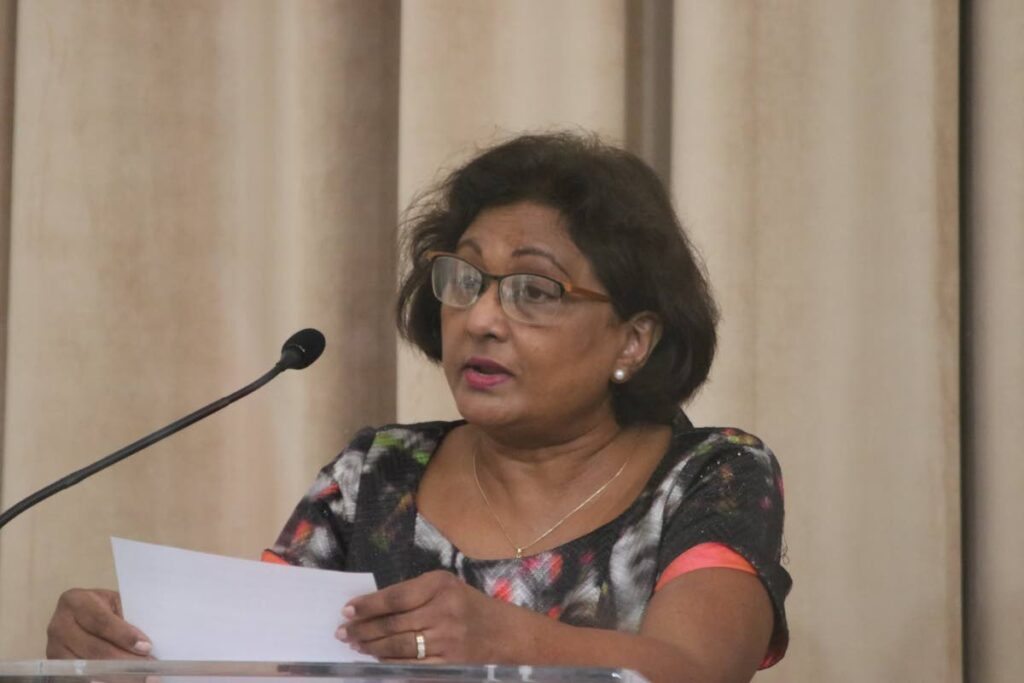Local government changes: balancing the bill

Independent Senator Charrise Seepersad called for more accountability from regional corporations in the Senate on Tuesday as she noted that 93 per cent of corporations have not submitted audited financial statements to Parliament for more than five years.
That level of financial carelessness drifts from laissez-faire into outright contempt for parliamentary oversight.
Ms Seepersad's concern was raised in debate on the Miscellaneous Provisions (Local Government Reform) Bill 2020, which is meant to enable greater independence and increased funding for regional corporations.
It's a question that comes into greater prominence in light of the debate on local government changes before it was passed in the House of Representatives in May.
Since taking up the role of Local Government Minister, Faris Al-Rawi has repeatedly pointed out that he sees his task as successfully putting himself out of a job through winding up the affairs of the ministry and leaving it with nothing to do.
Despite the running bluster of combative electoral politics, there seems to be general agreement on both sides of Parliament that strengthening the structure and powers of local government is a critical intervention.
There are sweeping changes pending in this shift of power and responsibility to boroughs and municipal corporations. Diego Martin and Siparia are also expected to become boroughs.
The new relationship between the Central Government and the local corporations requires the implementation of 100 changes, both minor and major.
Among the major changes are the extension of the tenure of local government councillors and aldermen from three to four years, for jobs that will now be full-time occupations.
Money raised from residential property taxes will be used to increase funding for municipal projects.
While local government bodies have always had fundraising powers, in practice they have depended on transfers from central government to carry out their jobs.
Obviously many of these changes will be a good thing. Councillors and aldermen with an intimate, street-level knowledge of their burgesses have been consistently frustrated, through lack of funds, in their efforts to improve the neighbourhoods that voted them into office.
But questions remain. For instance, how will the planned Secondary Repairs Company, a road repair business to employ more than 27,000, avoid the unfortunate history of service agencies created by the state?
In creating this new architecture of governance, the increased capacity of municipal corporations must be designed to perform these increased responsibilities openly and efficiently.
Senator Seepersad is correct to call out past slackness in financial reporting among corporations.
If a freshly-empowered local government is to do better than the ministry it replaces, it must begin with an architecture that emphasises transparency in governance while making it easier for the electorate to hold those it placed in power accountable for its actions or inaction.


Comments
"Local government changes: balancing the bill"